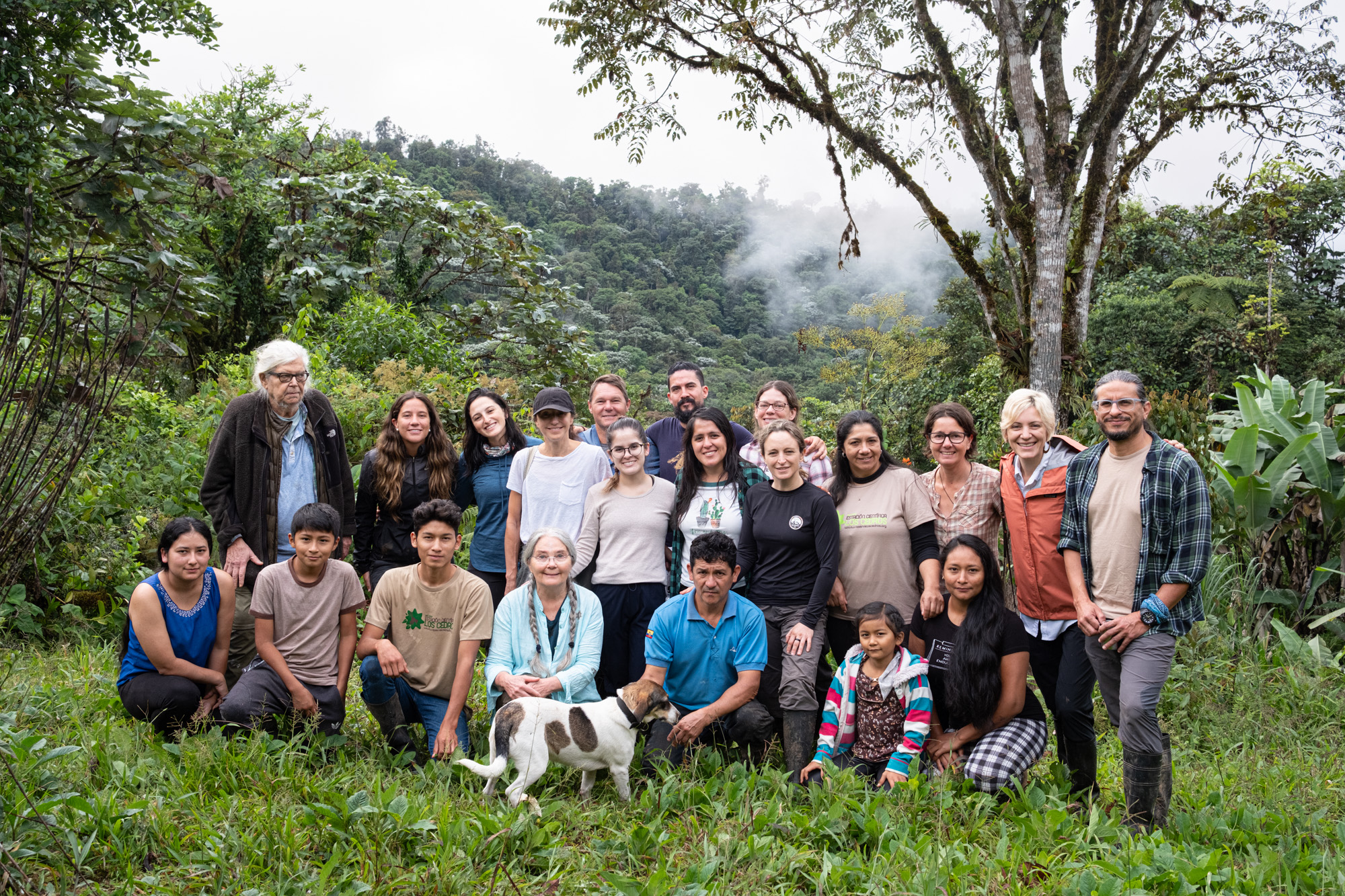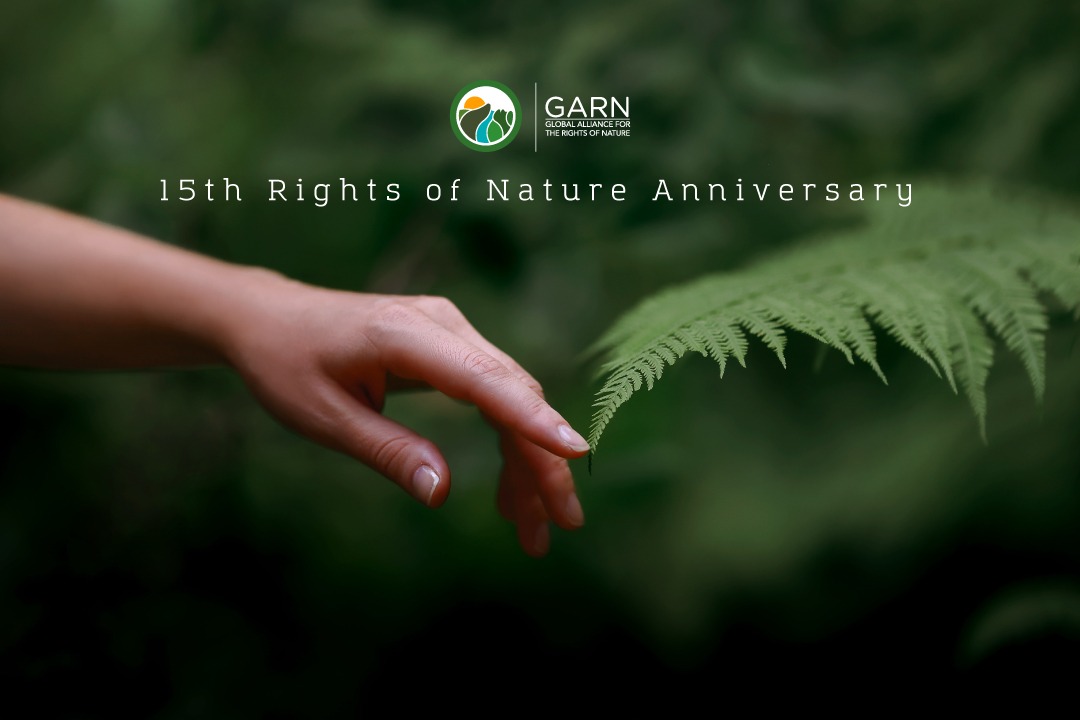Following the Global Exchange hosted strategic discussion of the legal advancement of the Rights of Nature, July 29-30, 2011
Ben Price, CELDF Projects Director
I would like to briefly report on one conceptual advance that came to me as a result of discussions in San Francisco, with participants in a Rights of Nature (RON) strategy discussion, hosted by Global Exchange this past month.
I am grateful to Shannon Biggs for hosting the meeting, and her staff and interns for their hard work preparing for the event. Much of interest, including provocative thought, the identification of areas of conceptual discord, and much in the way of revelatory conversation that I believe may advance the larger discussion of how we develop the legally recognizable and enforceable Rights of Nature was touched upon. In terms of fomenting new thought and discussion, I believe the event was productive and valuable. In particular, however, I am writing to report an insight on the issue of the Commons that, as advocates for RON, we are confronted with regularly, and which I found very helpful to my own articulation of the Commons concept in the context of RON.
As you can all imagine, there were many levels of understanding and connection to the concept of “Rights of Nature,” among the participants. On Friday night, we heard from a few of the most engaged organizations in terms of their points of view on RON. On Saturday, I was pleased to listen to the contextualization of RON by the whole spectrum of organizations and activist groups represented at the gathering.
One pointed question that was returned to several times, and one that we are all familiar with, is the concept of the Commons. We have been challenged with this question repeatedly: why can’t we resolve the question of the Rights of Nature in terms of the idea of the Commons as a mediator for justice between humans and the natural environment?
It is perhaps only an opinion, but I have concluded that some who embrace the Commons idea see no difference between an idealized “return” to the legal recognition of Nature as a Commons and the legal recognition of the Rights of Nature (RON). I do not agree, and in San Francisco I think I made this point plain.
It is an error of logic and definition, as I see it, to equate the Commons and the Rights of Nature, and there was some opportunity to make this point in San Francisco.
Meera Karunananthan of the Council of Canadians, asked within the context of social organizing how the Commons might reflect ideas parallel to the Rights of Nature. It was a sticky question, but in the end Meera’s regular and constant refinement of related questions, and our conversations around those questions, lead to what I believe became a more clear, intellectually more precise, and strategically more pragmatic way of defining the Commons without dismissing it, and without accepting it as a stand-in for the Rights of Nature.
With a more clear definition, we can, at long last, make the idea of the Commons an acceptable concept within the parameters of our work toward advancing the Rights of Nature, and we can see it as a specifically cordoned off area of thinking that does not confuse more fundamental notions about rights pertaining to Nature itself.
There may yet be a viable and even helpful way to think of the Commons as a legal concept separate from the Rights of Nature, just as there may be a more viable and legitimate way to define the legal concept of property, distinct from and respective of the Rights of Nature. These are the thoughts that came to my mind:
At the heart of the distinction between Nature as a Commons and Nature as a Rights-bearing entity is the relevancy and/or irrelevancy of Nature’s use to human beings. The idea of the Commons suggests that all human beings have equal access to an environment, with equal license to exploit Nature, without harvesting so much of any natural resource (benefit) as to deprive the rest of the community of parallel enjoyment of Nature’s blessings. The Rights of Nature, on the other hand, suggests that Nature in-itself possesses a certain legal status and protection of human law, regardless and even in spite of any claims people might have to a right to property or communal access to enjoy Nature for human purposes.
The idea of the Commons has historical roots, particularly in England, where the Magna Carta and the Charter of the Forest define limitations on the privatization, or “enclosure” of Nature for the monopoly enjoyment of those privileged with title to the land. Title to the land, or proprietorship, was a concept of law that created an exclusive property relationship between the title “owner” and the enclosed portion of Nature defined by the title. The Magna Carta and the Charter of the Forest limited privatization of Nature to preserve equal access and rights to exploit “conserved” parts of Nature by all members of a community. Another way of saying it would be to describe this notion of the Commons as consisting of the remaining non-privatized portion of Nature belonging as property to everyone in common.
Legal recognition of the unalienable Rights of Nature does not purport to “conserve” a non-privatized portion of Nature for the general welfare of the human community. Rather, Nature, including those parts claimed as property by privileged humans, has inherent rights that property claims and a legal designation as a Commons may not violate.
Where does this leave the idea of the Commons? Should we abandon it? Not so fast! The core idea underlying the concept of the Commons is still sound. The true Commons are those human-made or developed systems and artifacts that belong to all people in common and to which they should have legally protected equal access. They include things like health care, education, a municipal water system, housing, food, political participation, the internet and broadcast airwaves, to name a few.
The Commons, then, comprises a particularly human sphere of legal rights, while the Rights of Nature, like Human Rights, are prior and superior to the privileges of both property and the Commons.
I would like to thank all of the participants in the Global Exchange sponsored discussion of the conceptual problems that continue to complicate a broader understanding of the legal recognition for the Rights of Nature, and in particular I am grateful to Shannon Biggs for bringing together the people involved institutionally in considering just how to understand and then explain RON to their supporters and allies, and specifically I appreciate the questions and insights of Meera Karunananthan of the Council of Canadians, who insisted on clarity and challenged with intellectual integrity the concept of Rights of Nature as contrasted with the popular understanding of the concept of the Commons.



